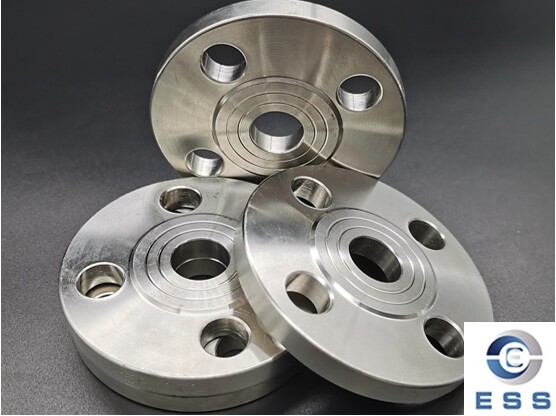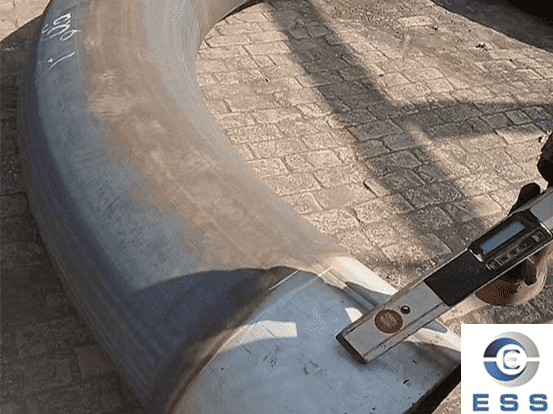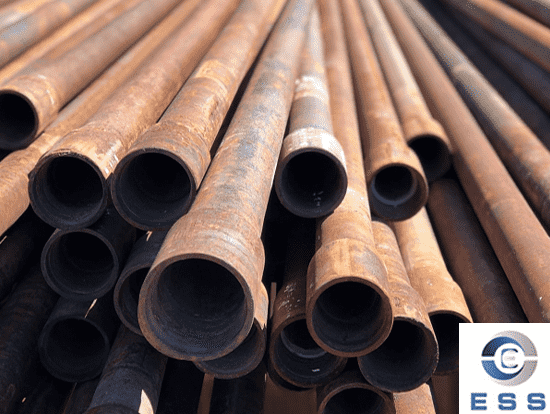
For flange supplier,
having the following key certifications is not only a strong proof of their
product quality, but also a necessary condition for participating in global
market competition and meeting the needs of different industries and regions.
These certifications cover international standards, industry-specific requirements,
regional market access, material processes and sustainability, and fully
reflect the professional capabilities and reliability of suppliers.
International general certifications
1. ISO 9001:2015 (Quality Management System
Certification)
It is used to prove that the supplier has
standardized production processes and quality management capabilities, which is
the basic threshold for international procurement. It is a general
certification for flange suppliers in all industrial fields.
2. API 6A (American Petroleum Institute
Certification)
For high-pressure and high-temperature
environment flanges in the oil and gas industry, ensure that the products meet
the safety standards of wellhead equipment. Suitable for oil well flanges,
Christmas trees, valve connectors, etc.
3. ASME B16.5/B16.47 (American Standard
Flange Standard)
It is used to verify that the flange size,
pressure rating and material meet the standards of the American Society of
Mechanical Engineers, which is a must in the North American market. Suitable
for petrochemical, power and shipbuilding industries.
4. PED 2014/68/EU (EU Pressure Equipment
Directive)
Compulsory certification for entering the
European market to ensure flange pressure safety (classification I-IV, CE mark
required). Applicable scenarios are mainly pressure pipe flange sold
in EU member states.
Industry-specific certification
1. NACE MR0175/ISO 15156 (anti-hydrogen
sulfide corrosion certification)
Used to prove that flange materials are
suitable for acidic environments containing H₂S (such as oil and gas fields) to prevent sulfide stress cracking.
Applicable to acidic medium pipelines in the oil and gas and chemical
industries.
2. NORSOK (Norwegian Petroleum Industry
Standard)
It is a hard requirement for suppliers of
North Sea oil field projects, covering materials, testing and corrosion
resistance. Used for offshore drilling platforms and harsh environment flanges.
3. ATEX (explosion-proof certification)
Used in flammable and explosive
environments (such as refineries) to ensure that the flange design meets
explosion-proof requirements. The main usage scenarios are chemical and natural
gas processing facilities.
Regional market access certification
1. TSG (China Special Equipment
Manufacturing License)
Compulsory certification for the Chinese
market, applicable to pressure pipe flanges (GB/T standard). Used for domestic
petrochemical and power project procurement in China.
2. AD2000 (German Pressure Vessel Code)
Market access requirements for Germany and
the German-speaking region, emphasizing material traceability and testing
compliance. Suitable for European high-end equipment manufacturing industry.
3. JIS (Japanese Industrial Standard)
Complies with Japanese industrial
specifications (such as JIS B2220) to meet the needs of the East Asian market.
Suitable for Japanese and Korean shipbuilding and automobile manufacturing
supply chains.
Material and process certification
1. ASTM Material Certification (such as
A105, A182)
Used to verify that the flange material
(carbon steel, stainless steel, alloy steel) complies with US material
standards. It is the core requirement of global buyers for raw material
compliance.
2. EN 10204 3.1/3.2 (Material Inspection
Certificate)
Third-party test reports on material
composition and mechanical properties required by EU buyers are essential for
high-end project bidding documents.
Sustainability and social responsibility
certification
1. ISO 14001 (Environmental Management
System)
Reflects the supplier's environmentally
friendly production concept and complies with the ESG (Environment, Society,
Governance) trend. It is a plus point for European and American companies to
screen suppliers in the supply chain.
2. ISO 45001 (Occupational Health and
Safety Management System)
Ensures that the factory meets labor safety
standards and reduces the supply chain risk of buyers.
How to verify the authenticity of the
supplier's certification?
1. Official website query
Enter the certificate number through the
official website of the certification body (such as API, TÜV, etc.) for
verification to obtain the latest certification status and detailed
information.
2. Audit report
Require the supplier to provide the most
recent factory audit report, such as ISO annual audit records, to verify the
actual situation of its production management and quality control.
3. Sample testing
Re-inspect key items (such as hardness,
chemical composition, etc.) in a third-party laboratory to ensure that product
performance is consistent with certification requirements and avoid inferior
products.













 Eastern Steel Manufacturing Co.,Ltd not only improve product production and sales services, but also provide additional value-added services. As long as you need, we can complete your specific needs together.
Eastern Steel Manufacturing Co.,Ltd not only improve product production and sales services, but also provide additional value-added services. As long as you need, we can complete your specific needs together.










